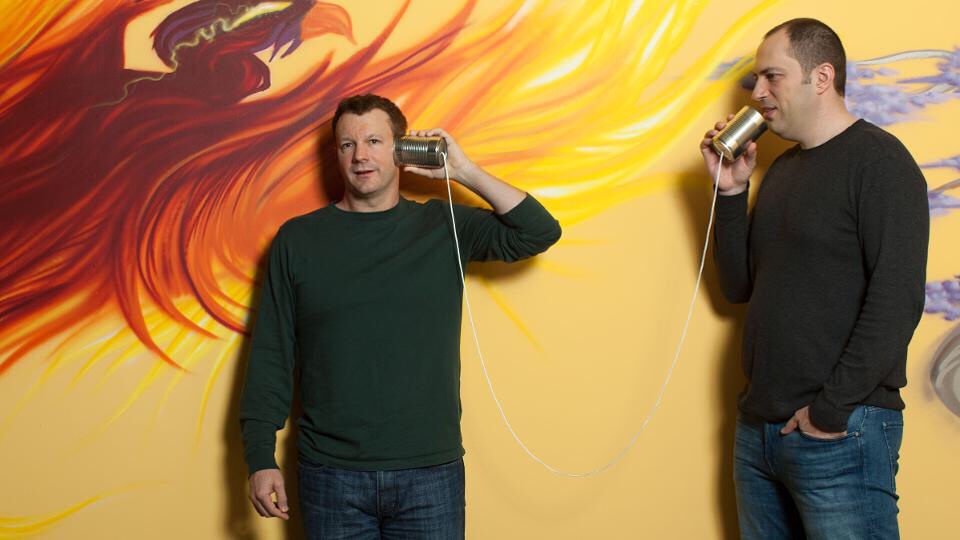What happens when you build something incredible and then sell it to someone with far different plans for your baby? “At the end of the day, I sold my company,” Acton says. “I sold my users’ privacy to a larger benefit. I made a choice and a compromise. And I live with that every day.”
Despite a transfer of several billion dollars, Acton says he never developed a rapport with Zuckerberg. “I couldn’t tell you much about the guy,” he says. In one of their dozen or so meetings, Zuck told Acton unromantically that WhatsApp, which had a stipulated degree of autonomy within the Facebook universe and continued to operate for a while out of its original offices, was “a product group to him, like Instagram.”
So Acton didn’t know what to expect when Zuck beckoned him to his office last September, around the time Acton told Facebook brass that he planned to leave. Acton and Koum had a clause in their contract that allowed them to get all their stock, which was being doled out over four years, if Facebook began “implementing monetization initiatives” without their consent.
The Facebook-WhatsApp pairing had been a head-scratcher from the start. Facebook has one of the world’s biggest advertising networks; Koum and Acton hated ads. Read more
SourceForbes

